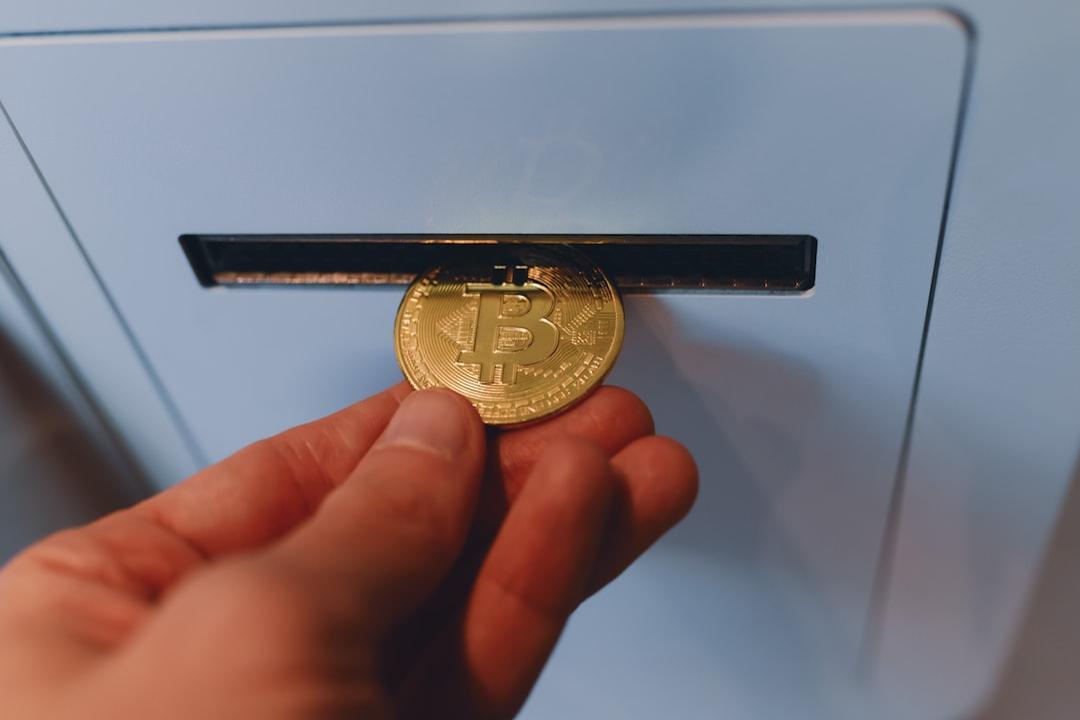Binance Holds Off Nigerian Licensing, Demands Gambaryan’s Release
Binance
Crypto License
Nigeria
Binance has delayed its licensing registration in Nigeria, demanding the release of its detained executive, and the resolution of ongoing legal disputes before considering compliance with the SEC’s regulatory framework.
Last updated:
September 19, 2024 09:08 EDT
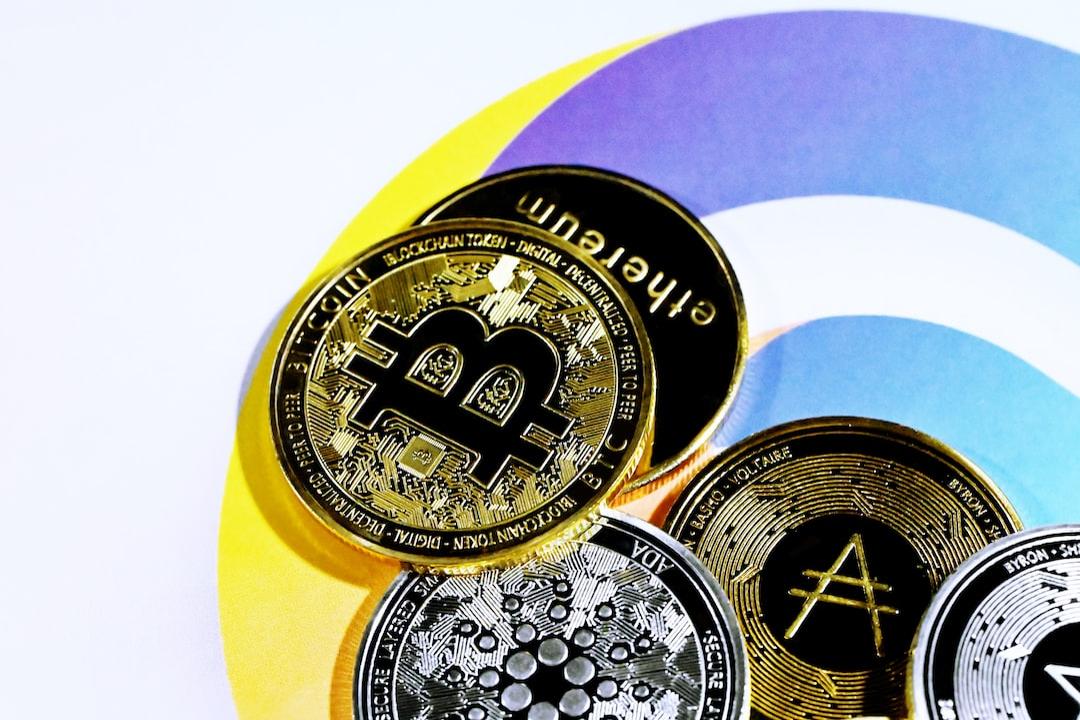
Journalist
Hassan Shittu
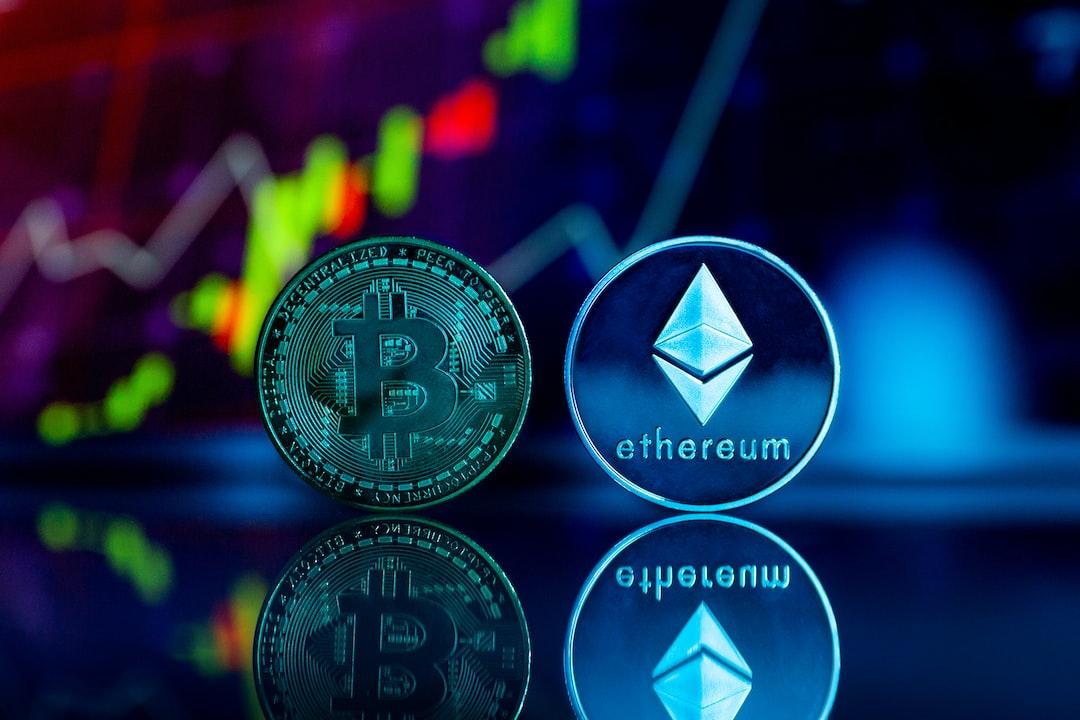
Journalist
Hassan Shittu
About Author
Hassan, a Cryptonews.com journalist with 6+ years of experience in Web3 journalism, brings deep knowledge across Crypto, Web3 Gaming, NFTs, and Play-to-Earn sectors. His work has appeared in…
Author Profile
Share



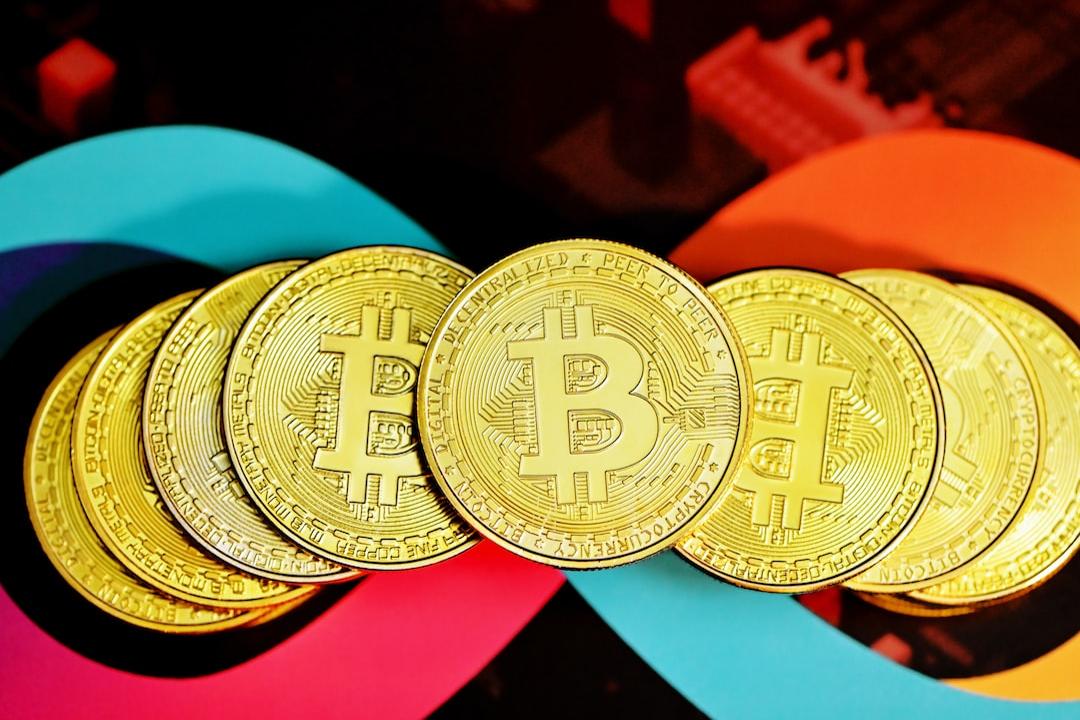
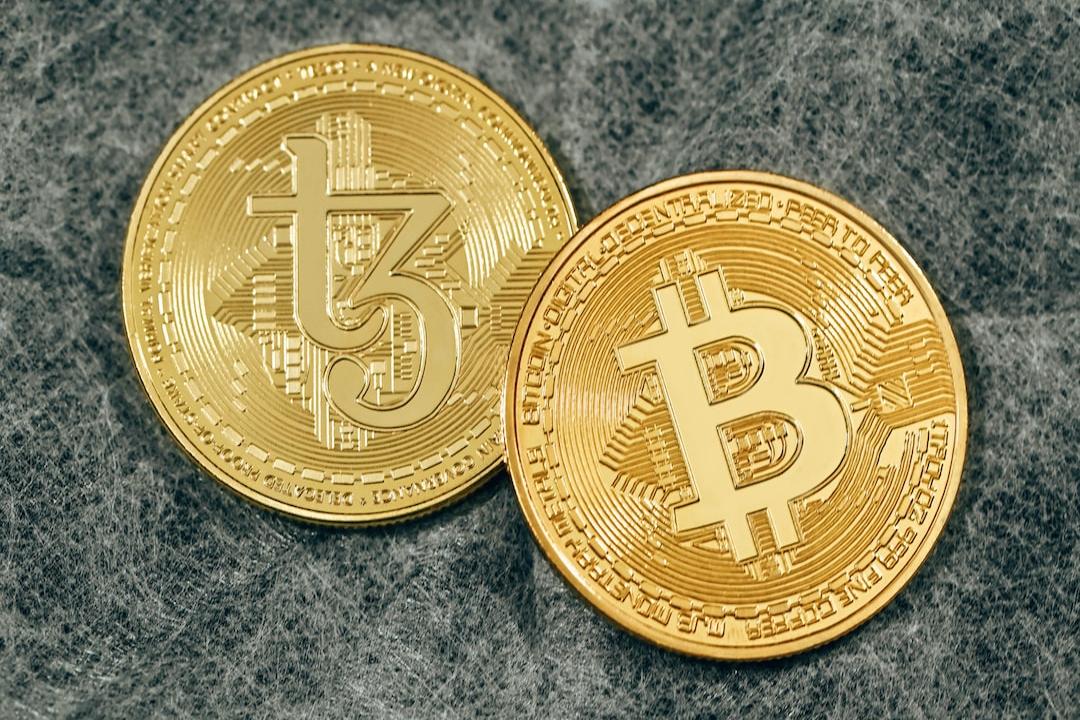

Copied
Last updated:
September 19, 2024 09:08 EDT
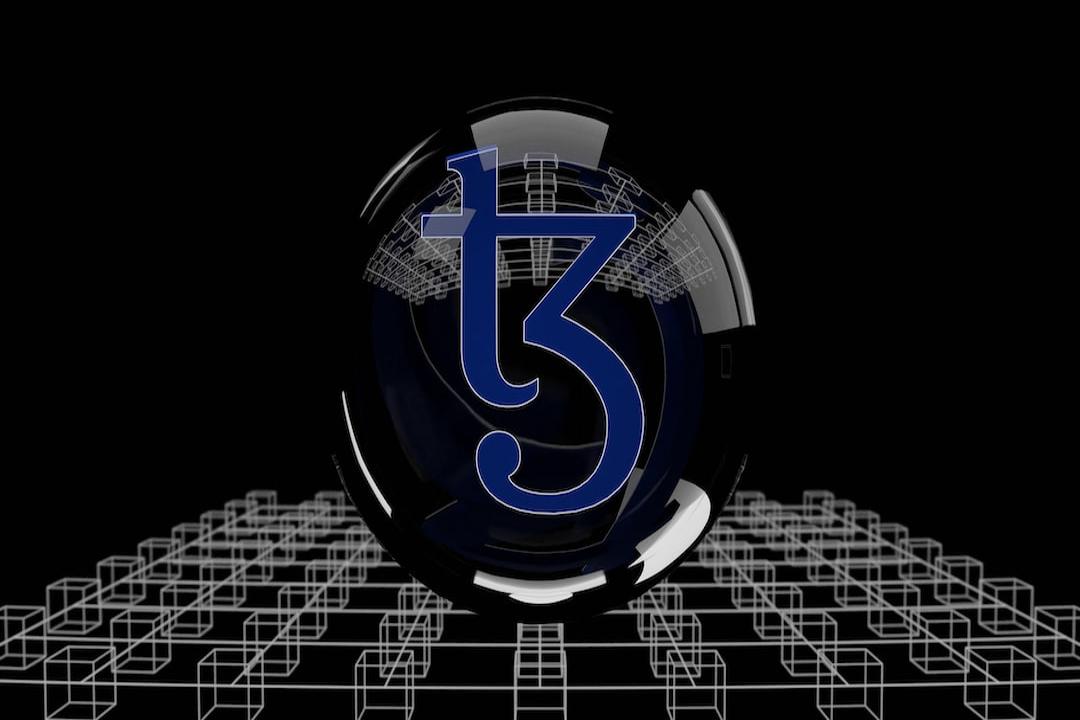
Why Trust Cryptonews
With over a decade of crypto coverage, Cryptonews delivers authoritative insights you can rely on. Our veteran team of journalists and analysts combines in-depth market knowledge with hands-on testing of blockchain technologies. We maintain strict
editorial standards
, ensuring factual accuracy and impartial reporting on both established cryptocurrencies and emerging projects. Our longstanding presence in the industry and commitment to quality journalism make Cryptonews a trusted source in the dynamic world of digital assets.
Read more about Cryptonews

Cryptocurrency exchange giant Binance has set two specific conditions before it will consider licensing under the Nigerian Securities and Exchange Commission’s (SEC) regulatory framework for Virtual Asset Service Providers (VASPs).
The first requirement is to release Binance’s head of financial crime compliance, Tigran Gambaryan, from Nigerian custody. The second condition is the resolution of legal disputes between the company and the Nigerian government, which has accused Binance of tax evasion, money laundering, and foreign exchange violations.
Binance’s Conditions for Nigerian Licensing: “Meet The Conditions Or We Will Not Apply”
In an exclusive interview with
Nairametrics
, Binance outlined its requirements before considering joining Nigeria’s SEC regulatory framework under the Accelerated Regulatory Incubation Programme (ARIP).
According to the exchange, it will not apply for licensing until Gambaryan, currently held on money laundering charges, is released. Gambaryan was detained during a visit to Nigeria to discuss Binance’s operations there.
In addition to Gambaryan’s release, Binance is calling for a settlement of the legal and regulatory disputes it faces with the Nigerian government.
Nigerian officials, including the country’s Minister of Information, have accused Binance of
failing to pay taxes
on over $20 billion in revenue generated within the country in 2023.
Despite these allegations, Binance has denied any wrongdoing and continues to engage with the Nigerian government to resolve the matter.
According to an anonymous source, a Binance spokesperson said:
Despite the SEC’s efforts to regulate the cryptocurrency market in Nigeria, Binance appears reluctant to comply, citing ongoing legal challenges and Gambaryan’s detention.
The SEC has already
approved two local cryptocurrency exchanges
, Quidax and Busha, under the ARIP framework, but Binance remains on the sidelines.
The Detention of Tigran Gambaryan Amid Ongoing Legal Disputes
Gambaryan, a key Binance executive responsible for financial crime compliance, was arrested in Nigeria on charges of money laundering during a business trip to meet with government officials.
Initially accused of both tax evasion and money laundering, the tax evasion charges were later dropped, but Gambaryan remains in Kuje prison on money laundering charges.
Gambaryan’s detention has been marked by severe health complications, including a herniated disk that has left him relying on crutches and illnesses such as pneumonia, malaria, and tonsillitis.
Despite medical reports suggesting he requires surgery, Gambaryan’s requests for medical attention, including a wheelchair during court appearances, have
reportedly been denied
.
The prolonged detention has also strained
relations between Nigeria and the United States
, with U.S. officials privately meeting Nigerian government representatives to advocate for Gambaryan’s release on medical grounds.
Despite these legal challenges, Binance remains one of the most popular cryptocurrency exchanges among Nigerian users. Many Nigerians continue to use the platform despite restrictions on bank transfers and ongoing regulatory uncertainties.
According to an anonymous source within Nigeria’s SEC, Binance has been hesitant to register under ARIP because it believes the
framework was hastily put together
following the arrests of its executives and lacks proper legal backing from the National Assembly.
While the SEC has made strides in regulating the cryptocurrency industry in Nigeria, Binance’s refusal to register under the ARIP framework could delay the country’s efforts to bring the exchange under federal oversight.
Nigeria is one of the countries with the highest crypto adoption rates, with over 22 million people (10.3% of the population) actively involved in crypto trading.
Follow us on Google News

